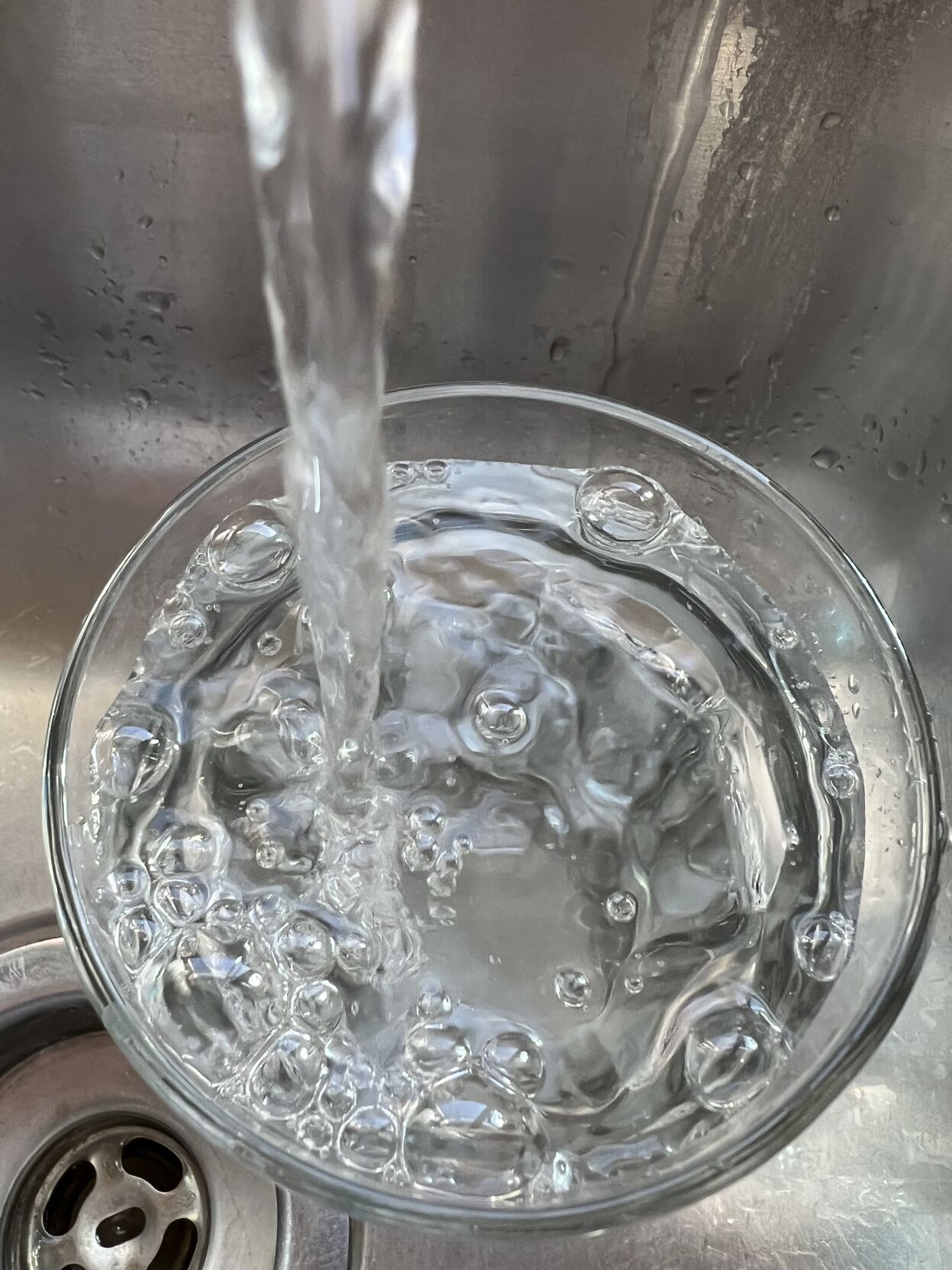Small communities in water-strapped areas of western Kansas could have a little more hope when it comes to the quality of their water supplies.
Logan Smith, of the Kansas Department of Health and Environment Watershed Management Division, oversees the Drinking Water Protection Program, and was on the agenda at the 6th Annual Playa Lakes Joint Venture tour and workshop in mid-January, held in Dodge City.
Smith said DWPP has been in the works at KDHE for probably 10 years, but only been running for about the last two years.
“The goal of the program was really to help small communities throughout Kansas that have nitrate issues in their public water supply,” Smith said.
They’re working to try to prevent the communities from reaching the 10 milligrams per liter nitrate maximum contaminant level or MCL. The DWPP is a voluntary, non-regulatory program at KDHE and works with two types of communities—ones that realize their nitrate levels are trending upward and want to do something about it and the communities that have already hit that mark.
“And I should say first, why do we even have that 10 MCL? What’s the problem with it?” Smith said. “And it’s really two-fold.”
First, nitrates are a health concern, particularly for infants. If enough is consumed it could lead to blue baby syndrome or even death. It can also be harmful for those with respiratory issues and senior citizens. And second, if there’s nitrates in a small community’s drinking water, it becomes a money issue.
“If you hit that 10 MCL enough times, a community will often be forced into a situation where they have to install a treatment plant, which can cost up to $2 million to build and another million every year to maintain and operate,” he said. “Obviously, when you’re talking about town of 200 to 400 people that’s just not feasible.”
That’s where KHDE helps implement programs like soil health-based best management practices to work to counter those nitrate levels without having to do treatment.
“There are communities in that group that realize that danger possibly in the future and they reach out to us for assistance,” Smith said.
Communities that have hit those nitrate levels are forced to sign a consent agreement with the public water supply section at KDHE and set up a timeframe for them to take action.
There are two phases of the DWPP. One is the assessment phase and the other is implementation.
“When we reach out to communities who we notice are having nitrate issues, we first offer them a free assessment,” he said. “What that looks like is typically we will go around and get voluntary samples from different wells, whether that’s a private wells, irrigation, obviously the public water supply wells.”
The collection of samples allows Smith and his colleagues to get an idea of where there’s nitrates within and around the community. Typically this is done within a two-mile assessment area of public water supply wells.
Once they’ve gotten the samples collected and sent to the lab, a private contractor compiles the results into a comprehensive investigation report and sends it to DWPP for review.
The DWPP creates the drinking water protection report, which is basically a summarization of the CI report. It goes into additional details about participation in the program.
Leadership within the communities decide whether or not they want to proceed with the DWPP or not. If they do want to go ahead, they are tasked with forming a local leadership team—people with a vested interest in the quality of drinking water in the community.
They advise the community about implementation, implementation costs, funding resources and other items. DWPP drafts a plan that goes to different experts—KDHE, KGS, KDA, federal agencies like USGS, and universities to get their feedback on the plan that was written. Once the plan has feedback, edits taken into account and the plan is finalized the community has the opportunity to sign off on it. Then implementation can begin.
Once they get implementation, they continue to monitor the public water supply data and are able to track the effectiveness of the practices.
For more information about DWPP visit www.kdhe.ks.gov/997/Drinking-Water-Assessment-Program. For more information about the Playa Lakes Joint Venture visit https://pljv.org/.
Kylene Scott can be reached at 620-227-1804 or [email protected].




